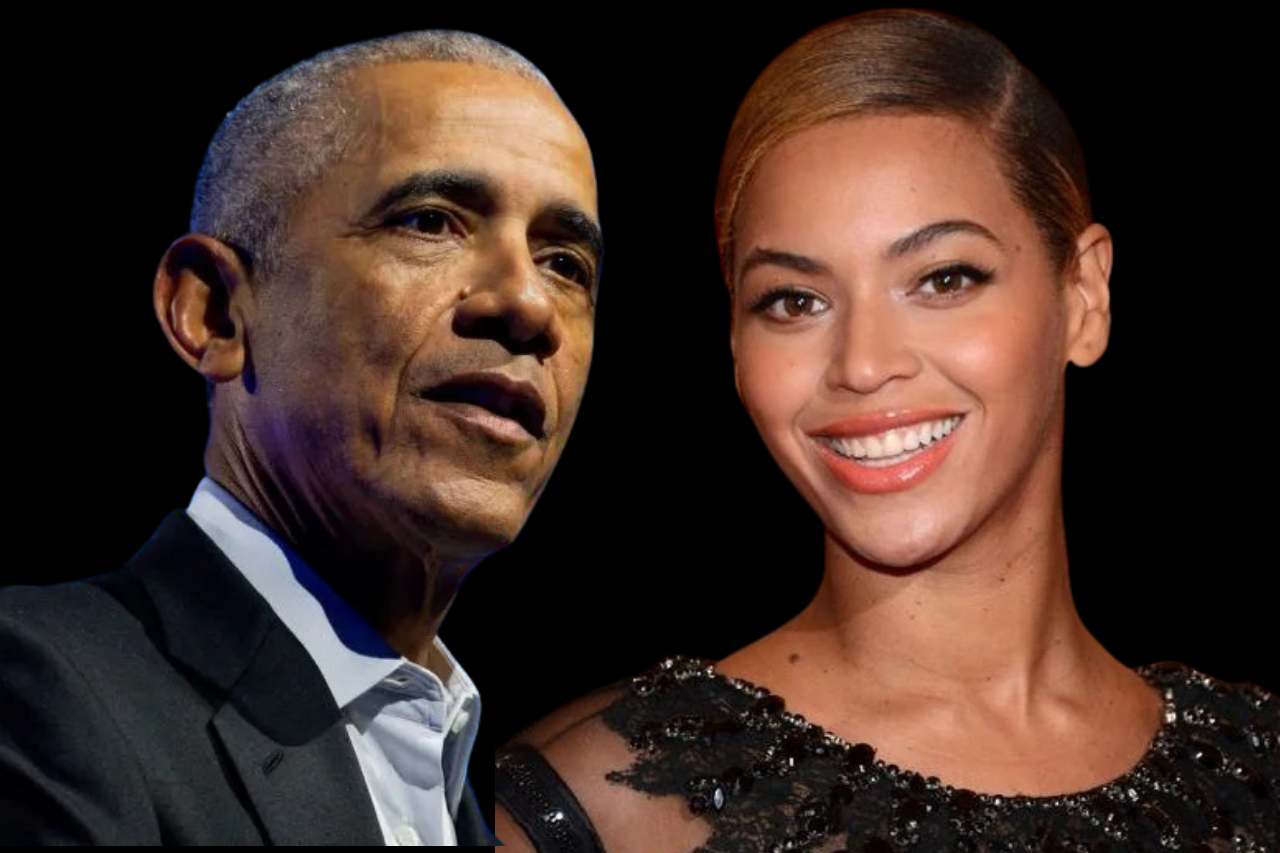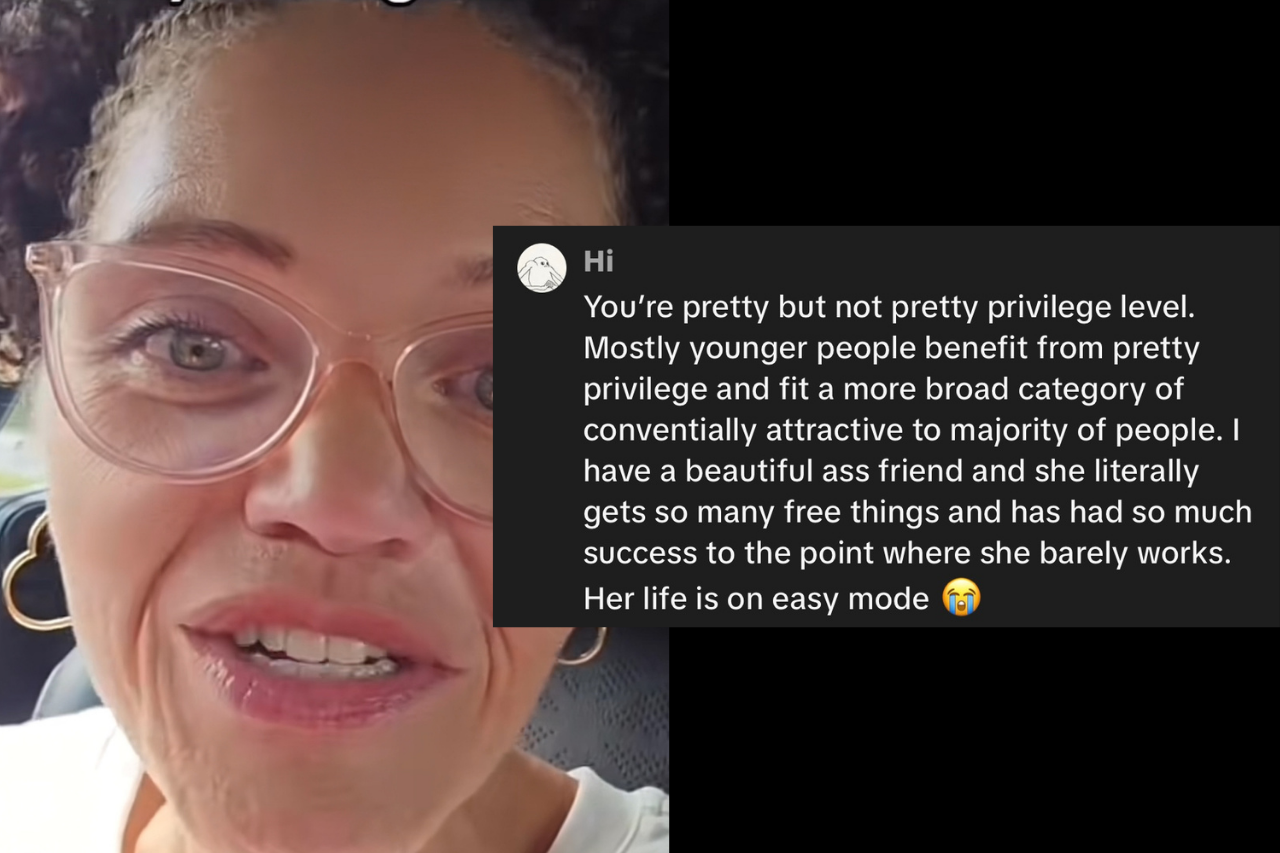D’Angelo’s artistry crossed genres, generations, and public boundaries.
When the news broke that D’Angelo had passed away at 51, the world seemed to take a collective breath. For Generation X, his voice was more than a sound; it was a spirit. The loss didn’t just ripple through music circles; it reached presidents, poets, and peers who saw in him something elemental.
Years before his passing, D’Angelo’s music had already found its way into one of the most unexpected places: the White House. In 2015, former President Barack Obama included “Nothing Even Matters,” Lauryn Hill’s duet featuring D’Angelo, on his Summer Playlist. The following year, in 2016, he added D’Angelo’s own hit “Lady” to his Nighttime Summer Playlist.

For a president known for curating soundtracks that reflect both taste and time, those choices spoke volumes. They showed that D’Angelo’s music—soulful, spiritual, and timeless—had crossed beyond stage and studio into the cultural memory of a nation.
As the shock settled, tributes poured in from across the spectrum of art and influence. Some shared long memories, others just a line or lyric, but all carried the weight of love.
For Beyoncé, D’Angelo’s passing struck a creative chord. On her official website, she posted a simple black-and-white portrait with the words:
“Rest in peace, Michael Eugene Archer, known to the world of music as the inimitable D’Angelo. We thank you for your beautiful music, your voice, your proficiency on the piano, your artistry. You were the pioneer of neo-soul and that changed and transformed rhythm and blues forever. We will never forget you.”

Her statement echoed how many felt: that D’Angelo’s influence lived not only in the sound of neo-soul but in its ethos, its devotion to authenticity and spirit over spectacle. Coming from one of the world’s most visible artists, it was less performance and more communion.
Actor and musician Jamie Foxx shared a long and emotional post on Instagram. His words captured what millions experienced the first time they heard D’Angelo’s music—something intimate yet otherworldly.
“I remember hearing your music for the first time… I said to myself damn, whoever this is, they are anointed. Your voice was silky and flawless… I was graciously envious of your style and your swag. That’s why today, real tears run down my face. You will be missed forever. You are one of one.”
Jamie Foxx

Few relationships in D’Angelo’s career were as creatively aligned as his bond with Lauryn Hill. Their 1998 duet “Nothing Even Matters” became an instant classic, a masterclass in restraint and intimacy. Hill’s tribute on X spoke of both gratitude and loss.
“I regret not having more time with you. Your undeniable beauty and talent were not of this world. You moved us, stirred us, inspired, and even intimidated others to action with your genius. Thank you for being a beacon of light to a generation and beyond.”
Her words underscored what fans already knew: that D’Angelo’s music did not simply exist in time—it expanded it.



Neo-soul contemporary Jill Scott shared her thoughts with unfiltered honesty.
“I never met D’Angelo, but I love him, respect him, admire his gift. This loss HURTS!! Love to my family who are family to him. I’m so sorry. R.I.P. GENIUS.”
Scott’s post reminded audiences that influence is not always born from collaboration. Sometimes, it is admiration across distance, a resonance between artists who see the same horizon from different shores.
Missy Elliott added her voice to the chorus, reflecting on what D’Angelo’s art meant to Black music’s evolution.
“This one hurts deeply. You could feel his music in your soul. Sending love and prayers to his family and fans.” (People Magazine)
Her tribute was short but perfectly aligned with her career-long emphasis on emotional truth over embellishment.
Singer Maxwell, another pillar of the neo-soul renaissance, shared his own reflection.
“Brother D’Angelo redefined what soul meant for our generation. You showed us that vulnerability could be power. Rest well.” (AP News)
Together, their voices—Hill, Scott, Elliott, Maxwell—illustrated the full circle of an era that insisted Black art could be both intimate and innovative.
D’Angelo was not a celebrity built for constant visibility. After his 2000 album Voodoo won a Grammy and cemented his status as the face of neo-soul, he stepped back from fame for nearly a decade.
That retreat became part of his mythology, a quiet rebellion against an industry that often demanded spectacle over substance. When he returned with Black Messiah in 2014, critics and fans described it as a spiritual event. The album earned praise for its political honesty and its raw musicianship.
The artists mourning him in 2025 were not only grieving a peer, they were acknowledging the courage it took to be still in a world of noise. As Lauryn Hill once said in a 1999 interview, “D’Angelo was never trying to chase a moment. He was building one.” That building never stopped.
Every tribute carried its own tone. Former President Barack Obama’s was presidential, Beyoncé’s was elegiac, Foxx’s was intimate. Together they formed a portrait of an artist whose impact defied classification. He was as spiritual as he was political, as vulnerable as he was virtuosic.
Perhaps the most striking thread among the tributes was how many spoke of gratitude instead of grief. There was thanks for the space he created for Black men to be tender without fear. Thanks for reminding listeners that soul is not a genre but a mirror.
As one fan wrote beneath Beyoncé’s post, “D’Angelo didn’t just make music you hear, he made music you feel yourself in.” That may be the truest tribute of all.
Discover more from MidScroll
Subscribe to get the latest posts sent to your email.



